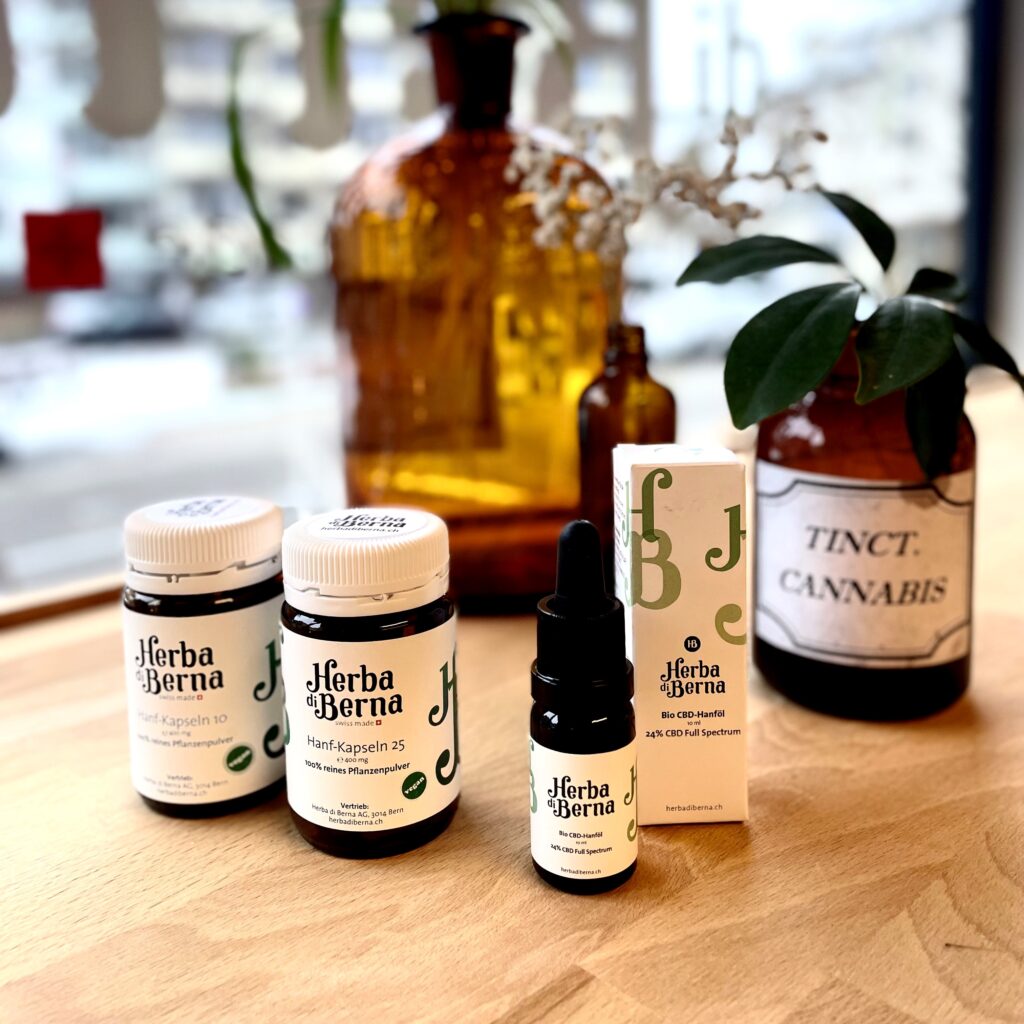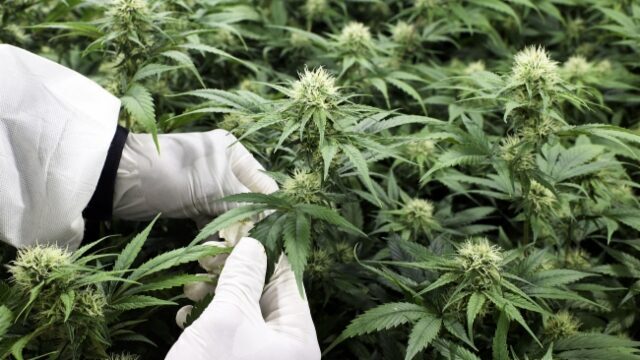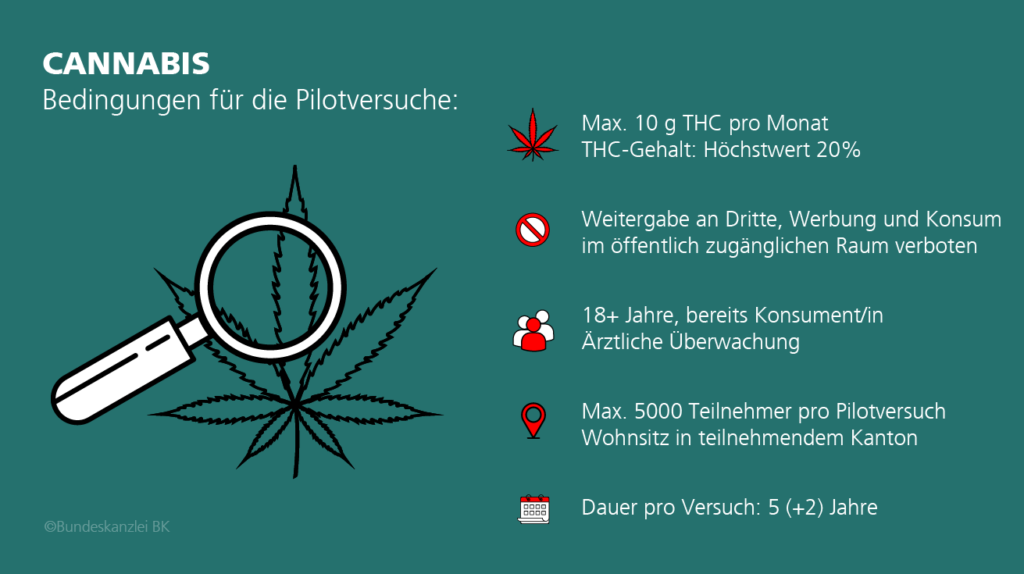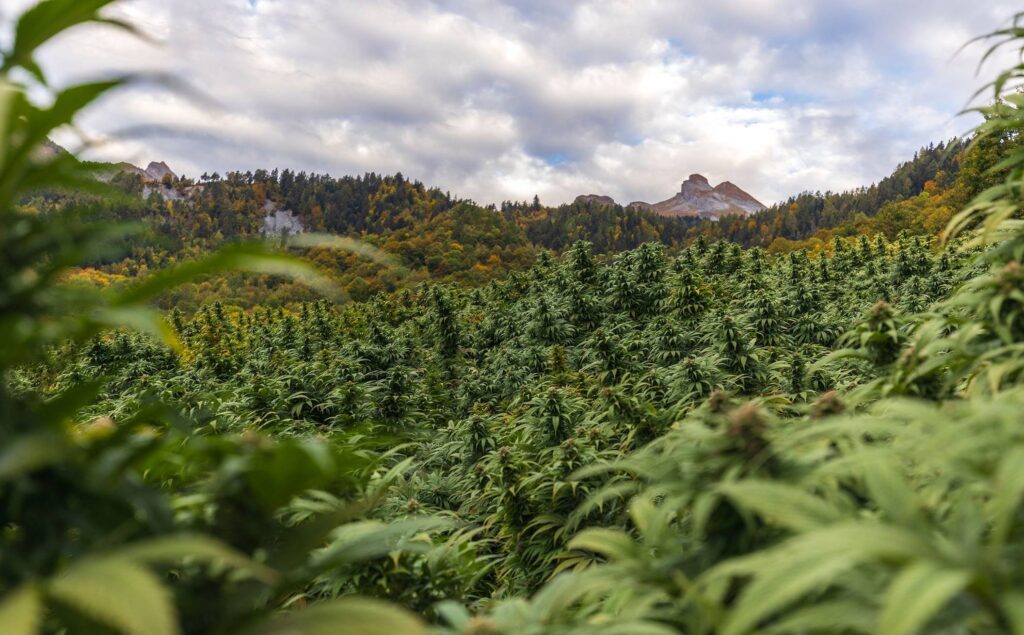
A step into the future
In recent decades, the debate about the legalization of cannabis in Switzerland has intensified. The Green Party actively campaigned for legalization 30 years ago. In their position paper, the Greens take a clear stance on what any legalization should look like. Members of the Green Party have been involved in the development of this groundbreaking paper through a constructive exchange with, among others, IG Hemp and other organizations, such as addiction associations. As a specialist store, we welcome this development and see it as an opportunity for a progressive and sensible drug policy in Switzerland.
The new position paper of the Green Group
After decades of political commitment and social change, a new chapter in Swiss drug policy is about to begin thanks to the implementation of the Siegenthaler parliamentary initiative. The Greens place particular emphasis on health protection and prevention in order to reduce the negative effects of prohibition and at the same time tap into the social, medical and economic benefits of cannabis.
The proposed benchmarks for the regulation of cannabis use emphasize youth and health protection as well as the prevention of addiction. These include bans on advertising and sponsorship, sales only to adults, strict requirements for cultivation and product quality, and an earmarked prevention levy to finance addiction prevention and therapy services. The Greens advocate a moderate incentive tax and the introduction of statistical monitoring of cannabis consumption.
Politicians are called upon to approach cannabis use with more realism and less moralism. The Greens are committed to regulating cannabis use in the ongoing legislative process, with a focus on public health and finding a middle ground between an unregulated black market and an unregulated legal market.
The future of cannabis regulation in Switzerland therefore promises a change that will not only affect the way society perceives cannabis, but also minimize the impact on health, youth and the black market.
Herba di Berna’s position on legalization
As one of the leading companies in the hemp industry, Herba di Berna takes a differentiated position on the legalization of cannabis. While we support efforts to regulate the market and protect young people and consumers, we advocate dispensing in certified specialist stores, in addition to cannabis social clubs. We believe that state-run outlets could increase the risk of monopolies.
Furthermore, we consider the entry hurdle to be relatively high:
- Personal data, consumer behavior and driving license situation must be provided.
- We consider the idea of drying up the black market through state sales outlets to be wishful thinking.
- The requirements and production standards will be high, which will inevitably have an impact on prices.
- We advocate a regulated market with high production standards, similar to alcohol, which we believe can be managed by the private sector.
A differentiated view of the market
The legalization of cannabis in Switzerland is undoubtedly a step in the right direction, but it is important to take a differentiated view of what is happening on the market. A regulated market characterized by competition and high standards will benefit both consumers and the industry in the long term.
What do you think; where do you want to buy your weed in the future?
The survey by the Swiss Hemp Association






















